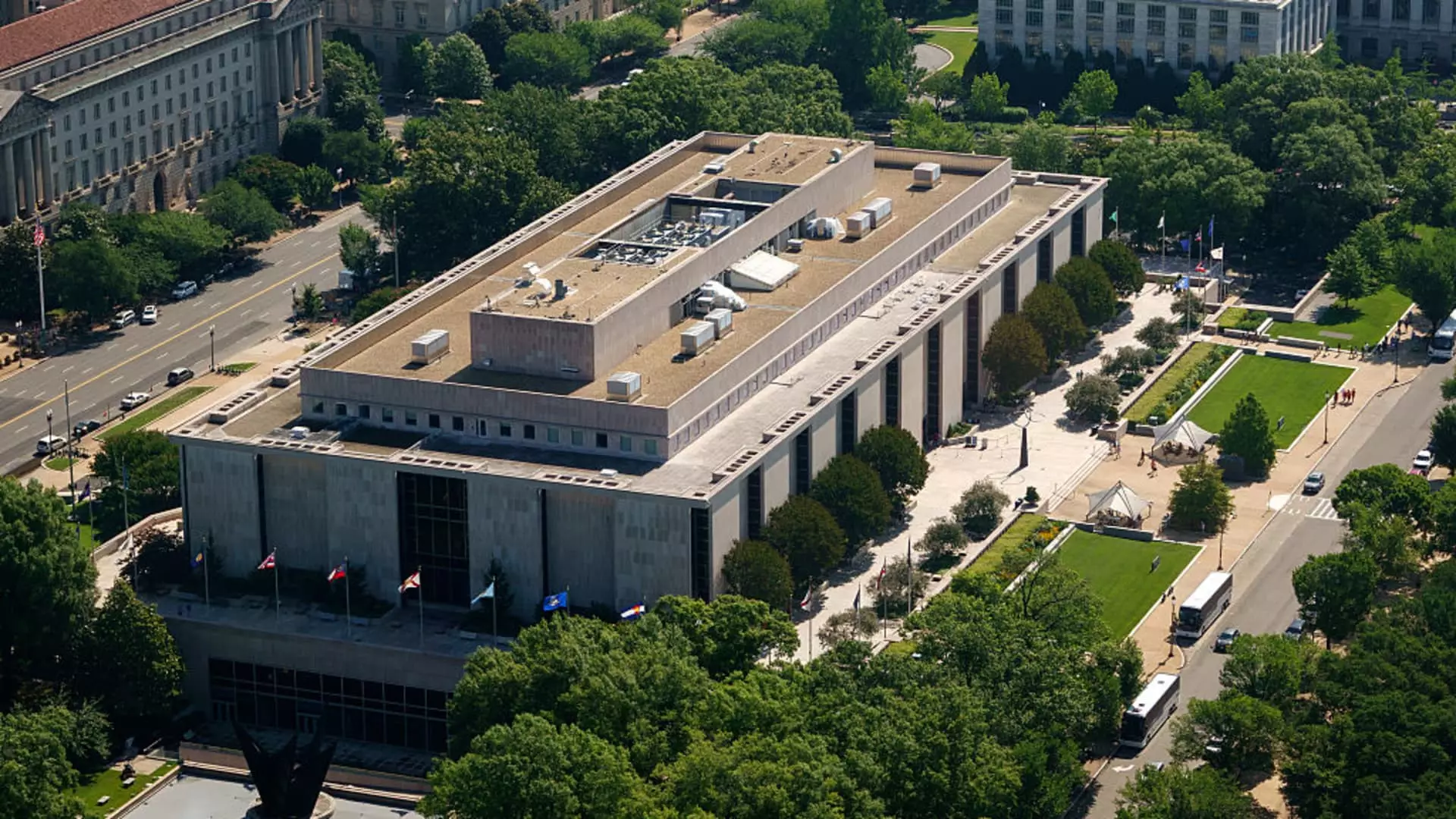In recent developments, former President Donald Trump’s directives to clamp down on what he labels as “woke” content in museums signal a troubling shift in how cultural narratives are curated and consumed in the United States. This declaration isn’t just about filtering content—it’s an assault on the diversity of perspectives that shape our national identity. Trump’s intent to extend his infamous tactics, previously aimed at higher education institutions, into the cultural sector reveals a crude attempt to control history and undermine the complex truths that museums are meant to embody.
The strategic framing of this movement as a fight against “wokeness” is fundamentally flawed. It implies that acknowledging America’s diverse, often uncomfortable history—such as slavery, racial injustice, and systemic inequality—is inherently negative or unpatriotic. This rhetorical weaponization dismisses the importance of honest reflection and dialogue, replacing it with censorship under the guise of patriotism. By targeting institutions like the Smithsonian, which serve as custodians of American history for all citizens, Trump’s stance threatens to homogenize narratives and erase critical nuances that foster understanding and growth.
What makes this assault more alarming is the potential leverage over federal funding. As most Smithsonian museums rely heavily on taxpayer dollars, the threat of withholding or redirecting funds as a means of ideological compliance is deeply unsettling. This strategy echoes the tactics previously utilized against universities—cutting off resources to bully academic institutions into silence—raising the danger of turning museums into politically sanitized spaces devoid of uncomfortable truths. Such a move risks transforming these repositories of history into propaganda tools rather than forums for honest discourse.
Undermining Cultural Integrity Under the Guise of Patriotism
The narrative pushed by Trump and his allies rests on a misconception: that celebrating America’s achievements and brighter past negates the struggles and injustices woven into its history. In reality, suppressing narratives of systemic wrongdoing impoverishes the national soul and prevents society from confronting its past openly. Attempting to erase or distort these stories under the pretext of rejecting “wokeness” ultimately diminishes the integrity of our cultural institutions.
Furthermore, by villainizing museums as the last remaining bastions of “wokeness,” there is an implied threat that any acknowledgment of America’s darker chapters is unpatriotic or detrimental to national pride. This is a dangerous oversimplification: true patriotism involves grappling with the full scope of history—the good, the bad, and the ugly. Suppression of certain narratives doesn’t protect a nation; it blinds it to the complexity needed for genuine progress.
The White House’s apparent internal review signals an alarming institutional effort to influence content curation. When government officials demand access to sensitive materials—particularly those related to America’s founding and history of marginalized groups—they aren’t simply seeking transparency. They are seeking to dictate the stories that museums tell, shaping national memory in line with political ideology rather than historical truth. This undermines the foundational principle that cultural institutions should serve the public interest, not political agendas.
The Broader Implications for Democracy and Free Expression
The weaponization of funding as a means of ideological control is a core threat to democratic values. When the state leverages its financial power to silence certain viewpoints, it compromises the very right to free inquiry and open debate. If museums become battlegrounds for ideological battles, the danger extends beyond aesthetics or narratives; it threatens the very essence of informed citizenship.
The parallels with the targeting of universities are striking. Just as the Trump administration sought to intimidate higher education institutions into toeing a particular ideological line, its apparent intentions for museums threaten to create a chilling effect across all cultural spaces. Instead of fostering a society where diverse perspectives coexist and challenge each other, we inch closer to a fragile uniformity, where only stories deemed “acceptable” by those in power are allowed to prevail.
Real progress requires cultivating environments where uncomfortable truths are confronted, not erased. Censorship and threats of funding cuts are antithetical to the democratic ideals of transparency and accountability. By aiming to sanitize America’s narrative, this administration risks impoverishing the national conversation, leaving future generations with a sanitized, incomplete version of history—one that stifles critical thinking and honest reflection.


Leave a Reply